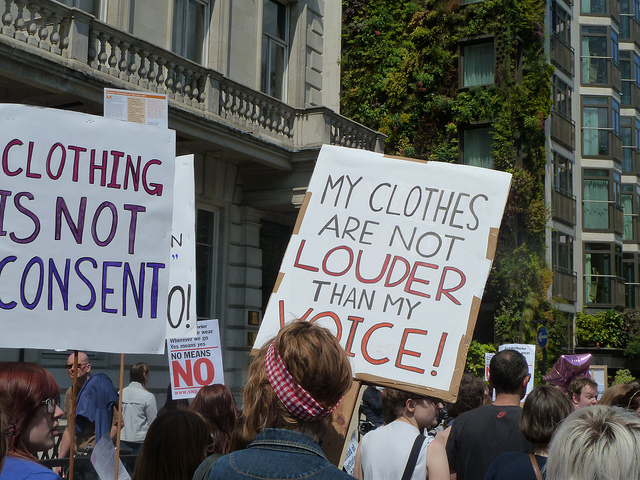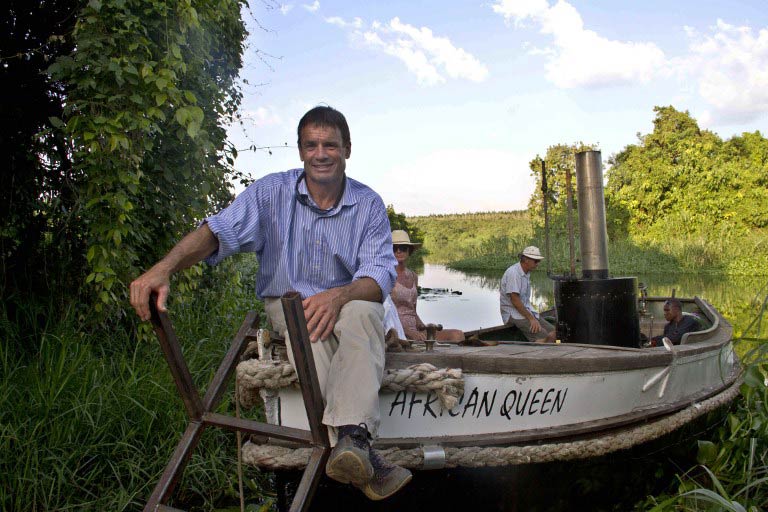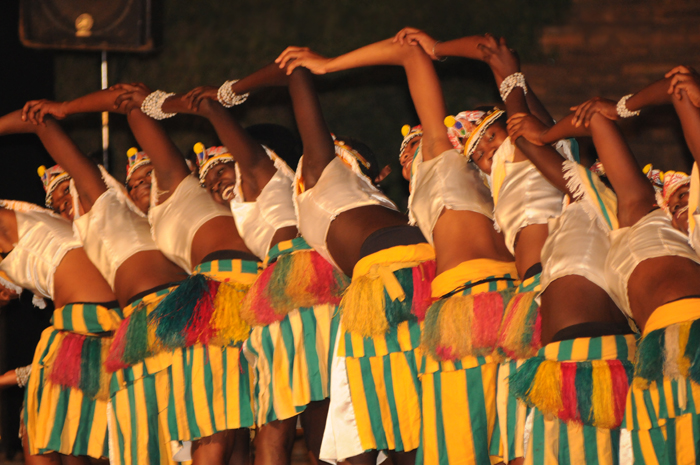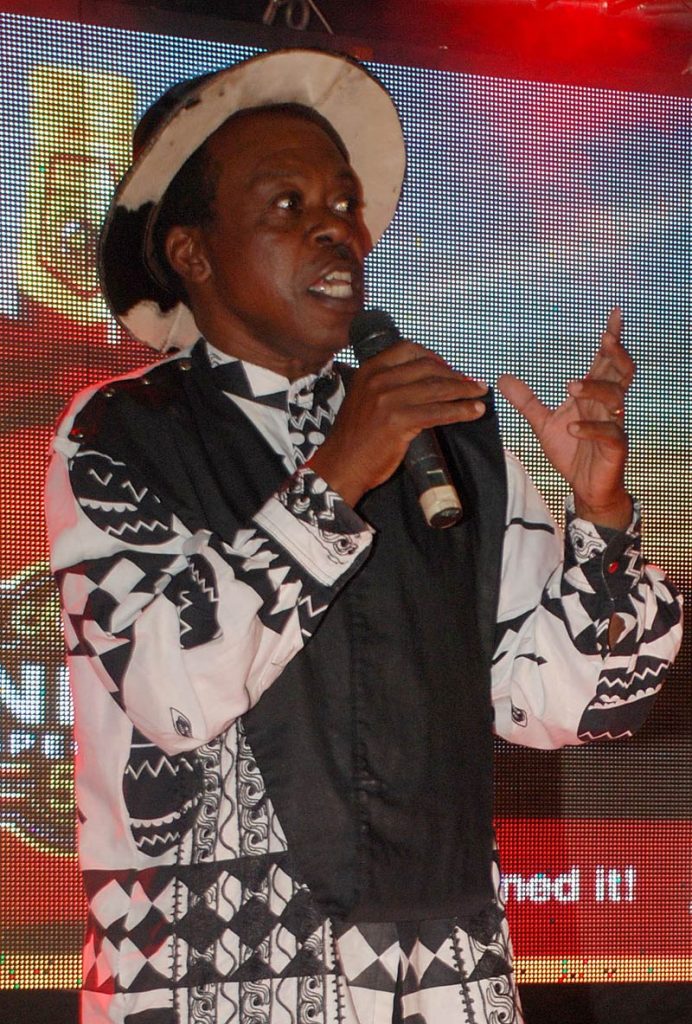
Rights campaigners and health professionals have condemned Uganda’s president after he said he would approve controversial anti-homosexuality laws based on the advice of “medical experts”.
President Yoweri Museveni told members of his governing party he would sign the Bill – prescribing life imprisonment for “aggravated homosexuality” – that was passed by Parliament late last year, dashing activists’ hopes he might veto it.
Ofwono Opondo, a government spokesperson, tweeted on Friday that “this comes after 14 medical experts presented a report that homosexuality is not genetic but a social behaviour”.
The MPs, attending a party conference chaired by Museveni, “welcomed the development as a measure to protect Ugandans from social deviants”, Opondo added.
When Twitter users from around the world then criticised the announcement, Opondo responded: “Hey guys supporting homosexuals take it easy Uganda is a sovereign country #you challange [sic] the law in the courts.”
Under existing colonial-era law in Uganda, anyone found guilty of “carnal knowledge against the order of nature” can already face sentences up to life imprisonment. But the new Bill represents a dramatic broadening of penalties. It bans the promotion of homosexuality, makes it a crime punishable by prison not to report gay people to the authorities and enables life sentences to be imposed for various same-sex acts, including touching in public.
When the Bill was abruptly passed by MPs just before Christmas, Museveni came under pressure to ratify it both within his own party and from Christian clerics who see it as necessary to deter western homosexuals from “recruiting” Ugandan children.
‘Scientifically correct’ position on homosexuality
The president, who has been in power for 28 years, said he wanted his governing National Resistance Movement (NRM) to reach what he called a “scientifically correct” position on homosexuality. A medical report was prepared by more than a dozen scientists from Uganda’s health ministry, officials said. They told Museveni that there is no gene for homosexuality and it is “not a disease but merely an abnormal behaviour which may be learned through experiences in life”. Dr Richard Tushemereirwe, presidential adviser on science, said: “Homosexuality has serious public health consequences and should therefore not be tolerated”.
Anite Evelyn, spokesperson for the NRM conference, said: “[Museveni] declared that he would sign the Bill since the question of whether one can be born a homosexual or not had been answered. The president emphasised that promoters, exhibitionists and those who practise homosexuality for mercenary reasons will not be tolerated and will therefore be dealt with harshly.”
The Bill is popular in Uganda, one of 37 countries in Africa where homosexuality is illegal. Ugandan gay activists have accused some of their country’s political and religious leaders of being influenced by American evangelicals.
Frank Mugisha, who heads Sexual Minorities Uganda, said: “President Museveni knows that this Bill is unconstitutional and that we shall challenge it after he signs it, although I still think he will not sign this particular Bill the way it is. But his political remarks about signing will only increase violence and hatred towards LGBT persons in Uganda.”
The findings by Museveni’s medical experts were disputed in an open letter by more than 50 of the world’s top public health scientists and researchers. “Homosexuality is not a pathology, an abnormality, a mental disorder or an illness: It is a variant of sexual behaviour found in people around the world,” they wrote. “Lesbian, gay, bisexual and transgender people are normal.”
They warned that the laws could undermine the fight against HIV by driving these groups away from public health services because of “fear of arrest, intimidation, violence and discrimination”.
Robyn Lieberman of the watchdog group Human Rights First said: “There should be no doubt that Museveni’s latest words on the subject have been influenced by the reaction to similar legislation in Nigeria, Russia and elsewhere.”
David Smith for the Guardian









